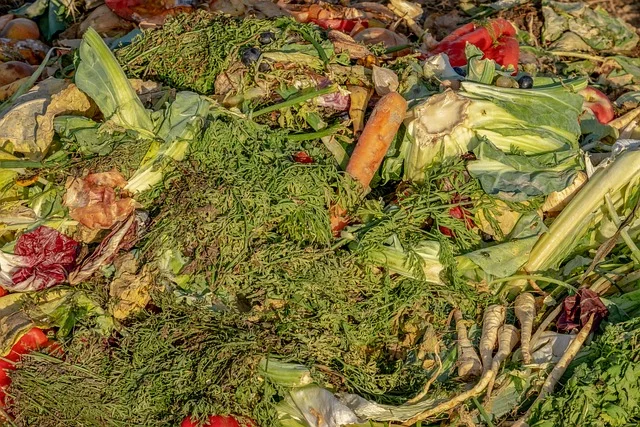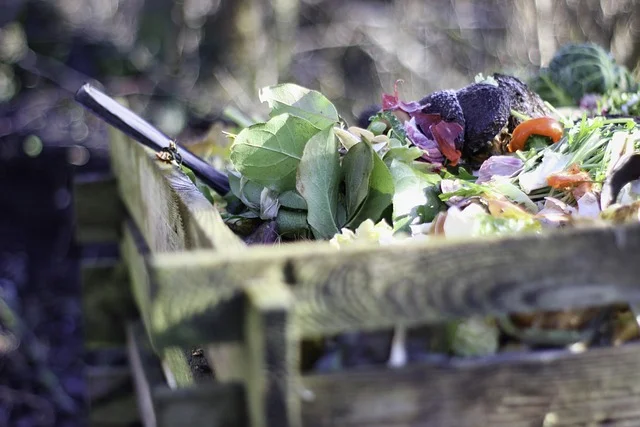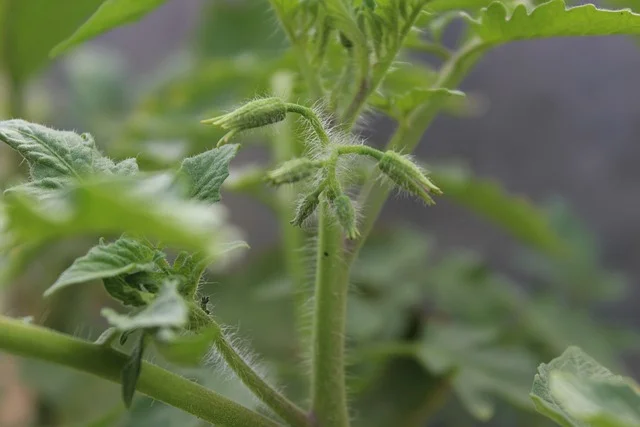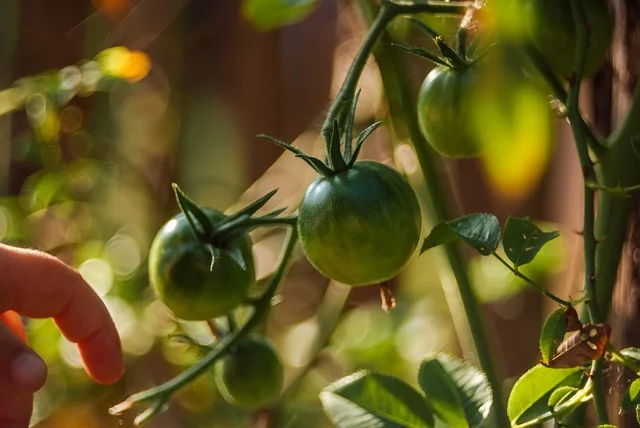The Best Using Organic Fertilizers in 2024
Table of Contents
Organic fertilizers are a fantastic option for gardeners across the U.S., especially those aiming for sustainable, eco-friendly gardening practices. Whether you’re growing vegetables, fruits, or ornamental plants, using organic fertilizers can enrich your soil and support healthy plant growth without the use of synthetic chemicals. But how you use organic fertilizers can depend greatly on your USDA hardiness zone.

What Are Organic Fertilizers?
Organic fertilizers are derived from natural sources such as compost, manure, bone meal, and seaweed. Unlike synthetic fertilizers, they improve soil structure, increase its ability to retain water, and promote long-term fertility by feeding beneficial microorganisms in the soil.

Why Use Organic Fertilizers?
- Soil Health: Organic fertilizers enrich the soil by adding vital nutrients like nitrogen, phosphorus, and potassium in forms that plants can use over time, improving the soil’s structure and its ability to support plant life.
- Eco-Friendly: These fertilizers reduce the risk of harmful runoff that contaminates water sources and disrupts local ecosystems.
- Slow Release: Organic fertilizers break down slowly, providing a steady supply of nutrients and reducing the risk of over-fertilization.
Tailoring Organic Fertilizer Use to Your Hardiness Zone
Your USDA hardiness zone plays a critical role in how and when to apply organic fertilizers. Different zones experience varying climates, which can affect the breakdown of organic matter and the nutrient needs of your plants.
Zone 3-5 (Cooler Climates)
- Challenges: In these cooler regions, the growing season is shorter, and the soil warms up more slowly in spring.
- Fertilizer Tips: Apply organic fertilizers early in the spring to give them time to break down before the growing season begins. Consider using compost or well-rotted manure, which can help warm the soil and improve its structure.
Zone 6-7 (Moderate Climates)
- Challenges: These zones offer a longer growing season, but soil fertility can vary depending on rainfall and temperature fluctuations.
- Fertilizer Tips: Apply organic fertilizers in the early spring and mid-summer for best results. Use compost tea or fish emulsion during the growing season for a nutrient boost. These zones are ideal for cover crops like clover or rye, which can improve soil health during the offseason.
Zone 8-10 (Warmer Climates)
- Challenges: Warmer regions often have longer growing seasons, but high temperatures can cause organic fertilizers to break down faster.
- Fertilizer Tips: Use organic fertilizers in smaller, more frequent applications throughout the year. Consider adding mulch or compost to help retain moisture and reduce nutrient loss. Warm-season crops like tomatoes and peppers benefit from regular feeding with compost or liquid organic fertilizers.
Types of Organic Fertilizers to Consider
- Compost: The gold standard of organic fertilizers, compost adds organic matter, improves soil structure, and boosts beneficial microbial activity.
- Manure: Rich in nutrients, well-composted manure is a great choice for enriching soil, especially in vegetable gardens.
- Bone Meal: High in phosphorus, this is an excellent choice for root development, especially for flowering plants and bulbs.
- Fish Emulsion: A fast-acting, liquid fertilizer that provides a quick nutrient boost for plants, particularly beneficial in warmer zones.
- Green Manure: Planting cover crops (like legumes or clover) and tilling them back into the soil provides an organic nutrient boost for the next growing season.
Timing Organic Fertilizer Application
In most zones, the ideal time to apply organic fertilizers is just before the growing season, typically in early spring. However, certain organic fertilizers, like compost, can be applied year-round. It’s crucial to follow the needs of your plants and the growing conditions in your zone.

- Early Spring: Apply slow-release organic fertilizers like compost or manure to give your soil a nutrient boost before planting.
- Mid-Season: Depending on the plants, a mid-season feeding with compost tea or fish emulsion can help plants thrive during their peak growth periods.
- Fall: In cooler zones, applying organic fertilizers in the fall helps prepare the soil for the winter and enriches it for spring planting.
Conclusion
Using organic fertilizers is a smart, sustainable way to nourish your garden while protecting the environment. By tailoring your organic fertilizer strategy to your specific USDA hardiness zone, you can ensure that your plants get the right nutrients at the right time for optimal growth. Whether you’re in a cooler zone or a warmer climate, organic fertilizers will improve your soil and support healthier plants, season after season.

Happy gardening!
This post emphasizes the connection between organic fertilizer use and the specific needs of different hardiness zones, giving your readers practical tips for success in their gardening efforts across the U.S.

Leave a Reply